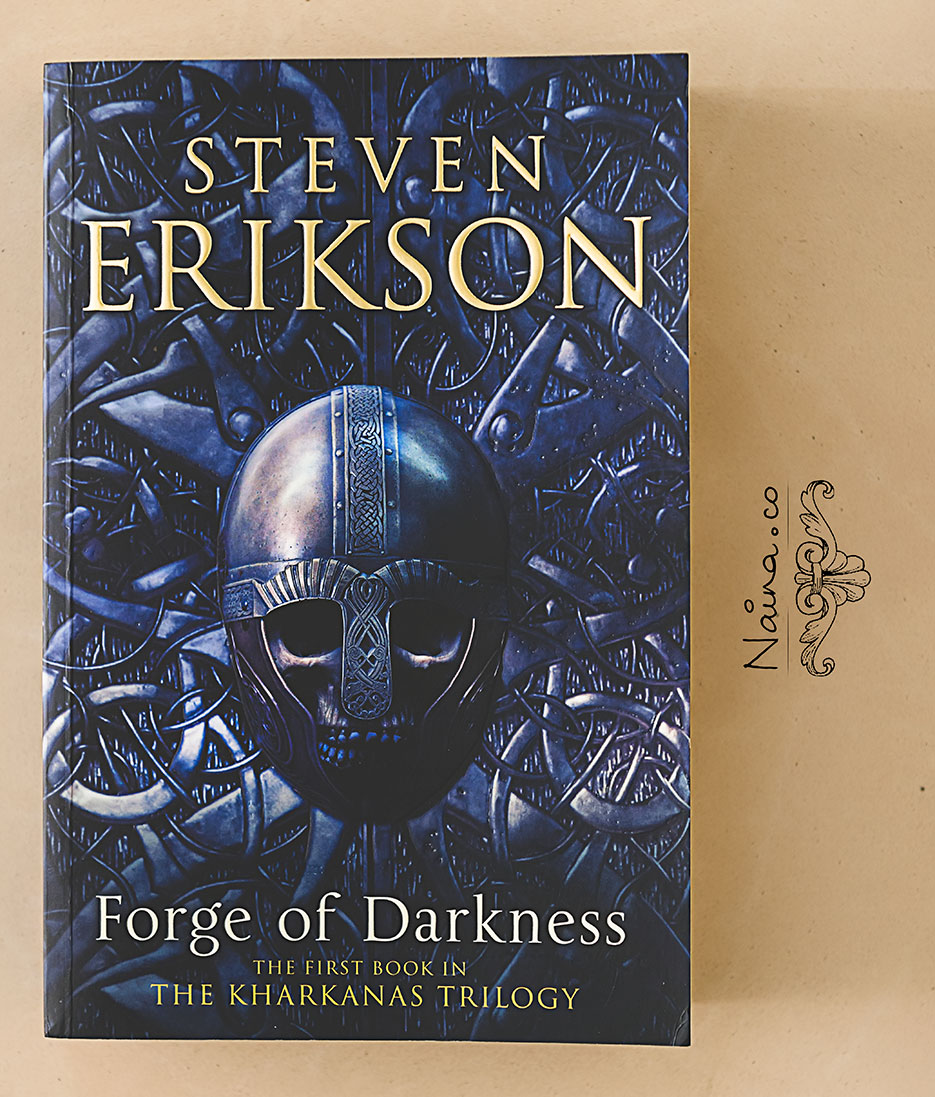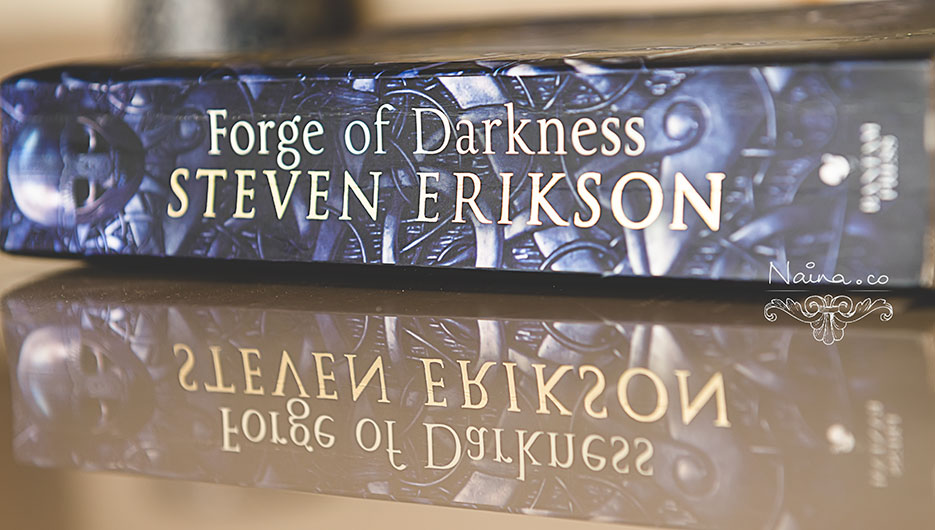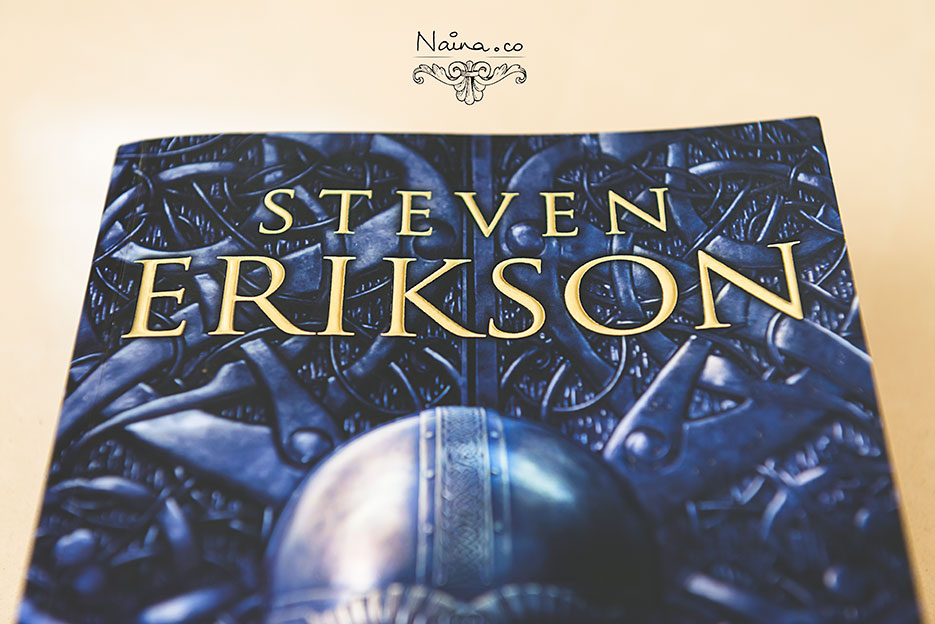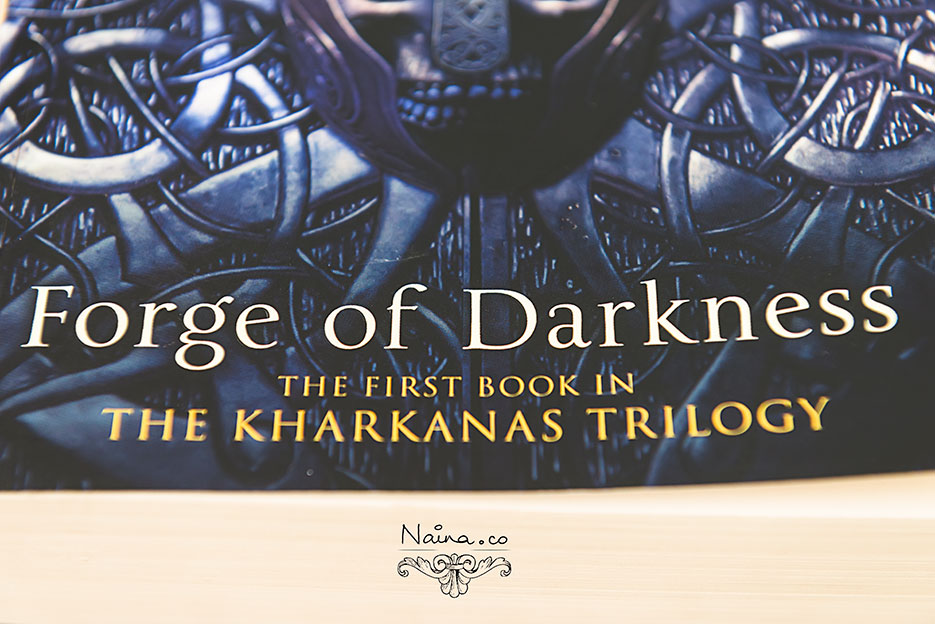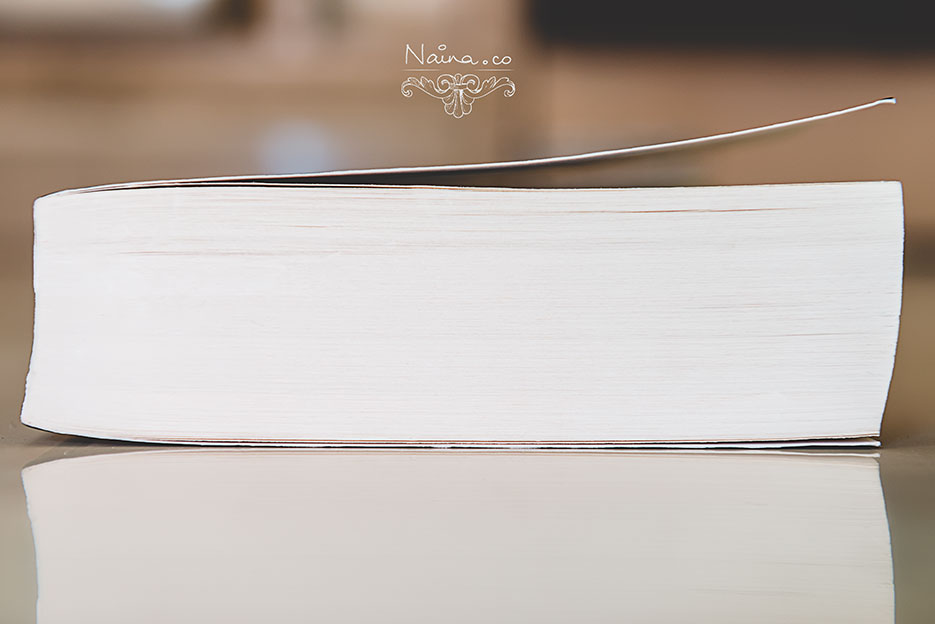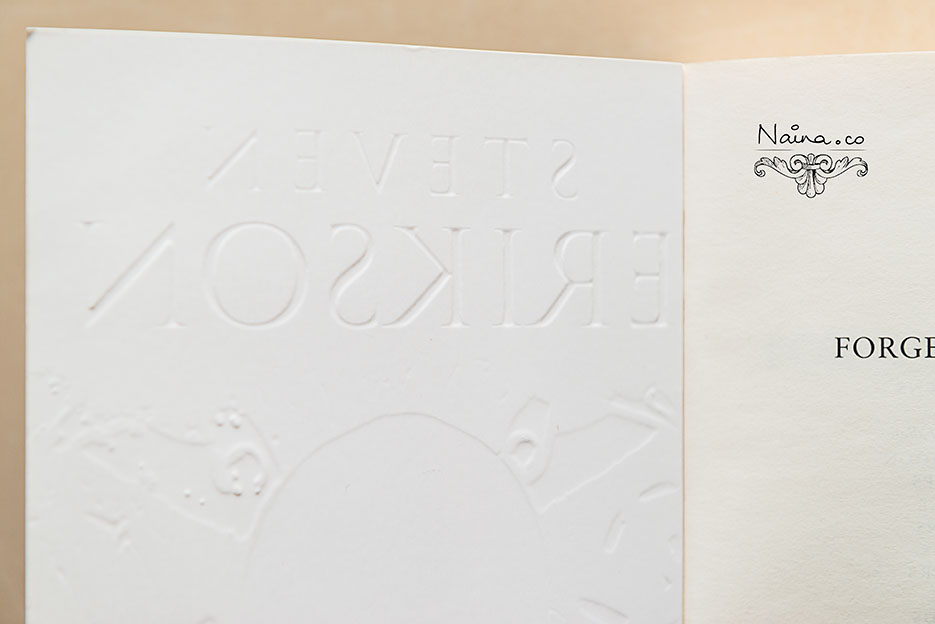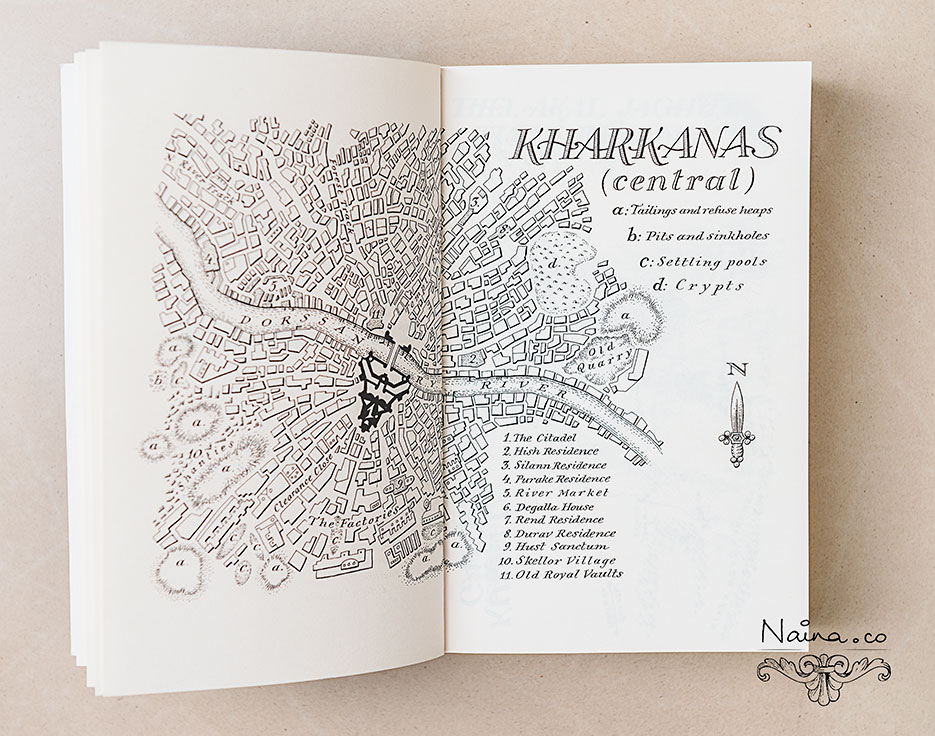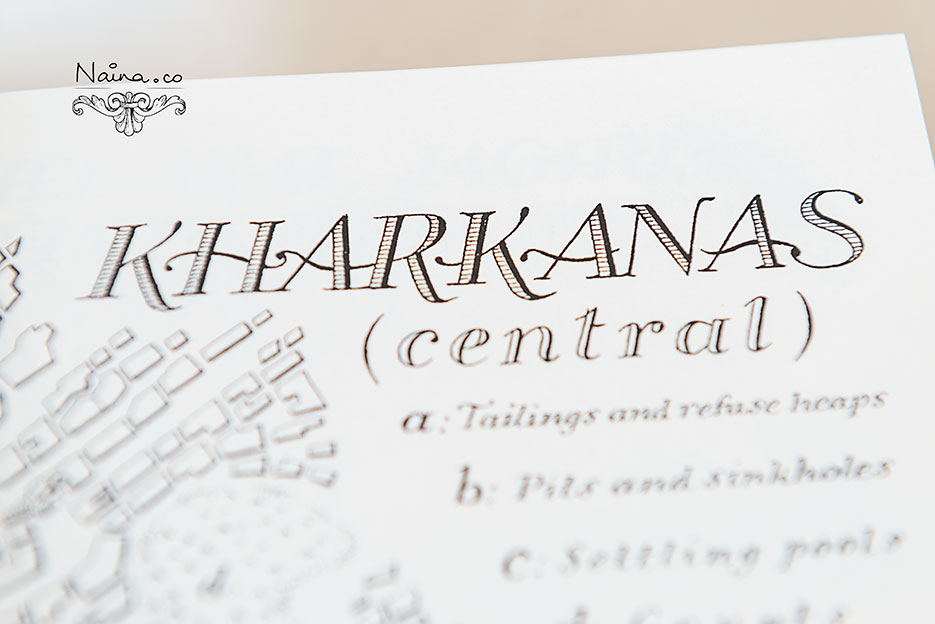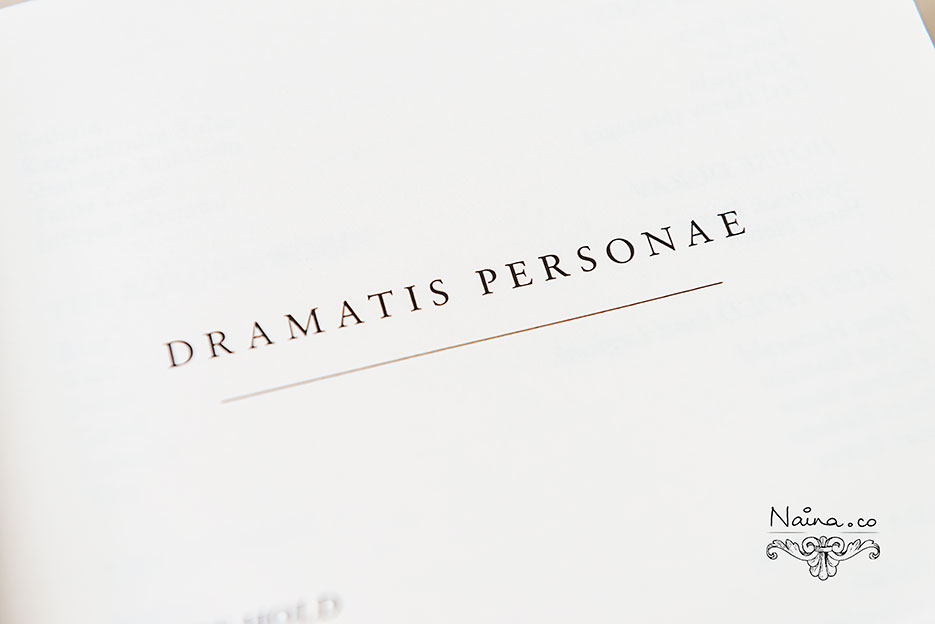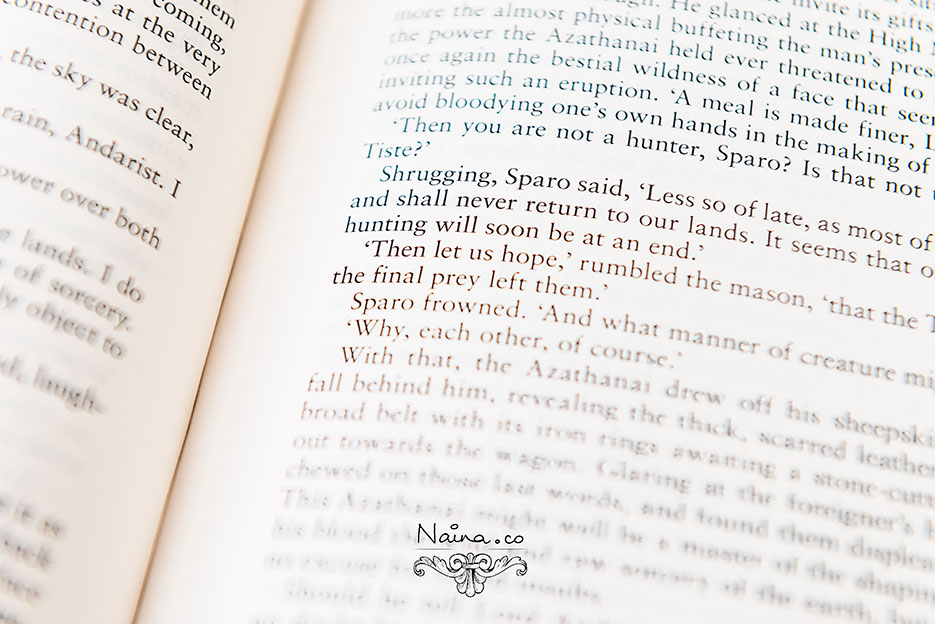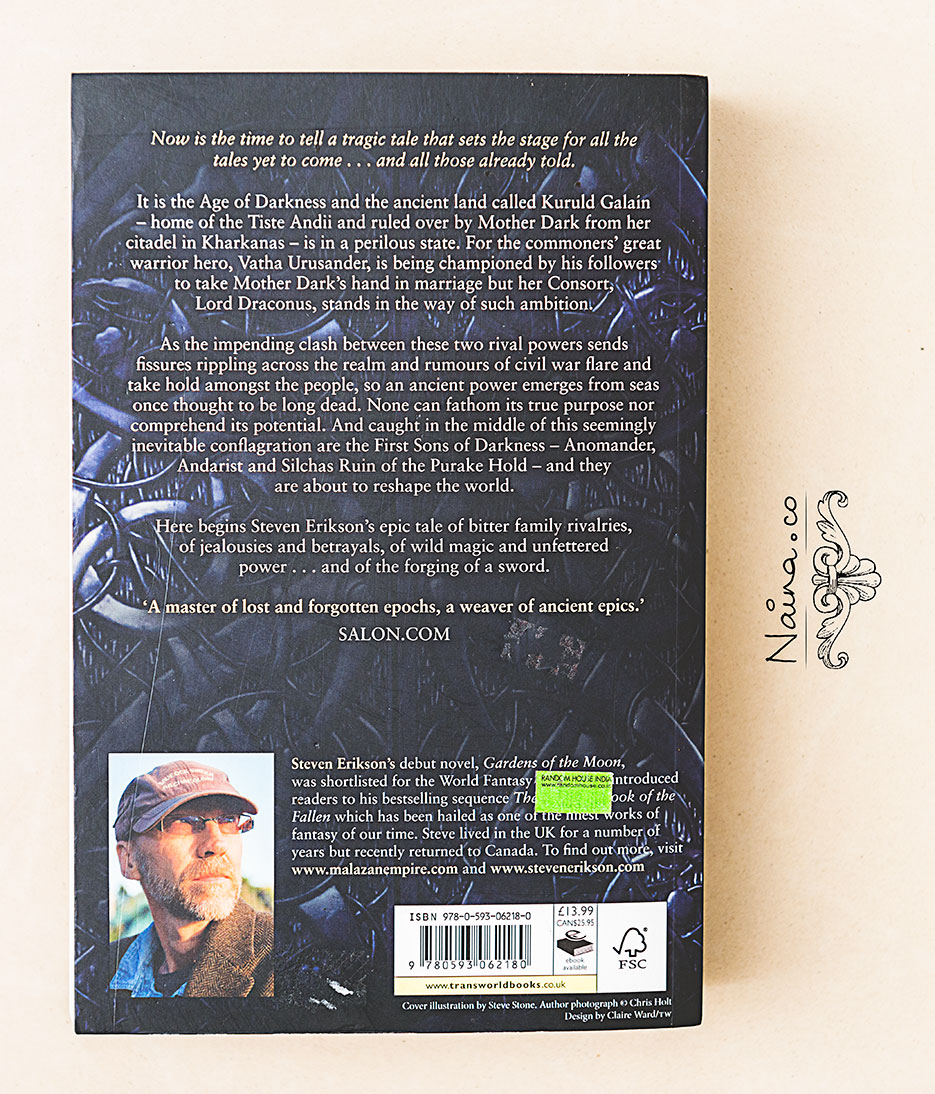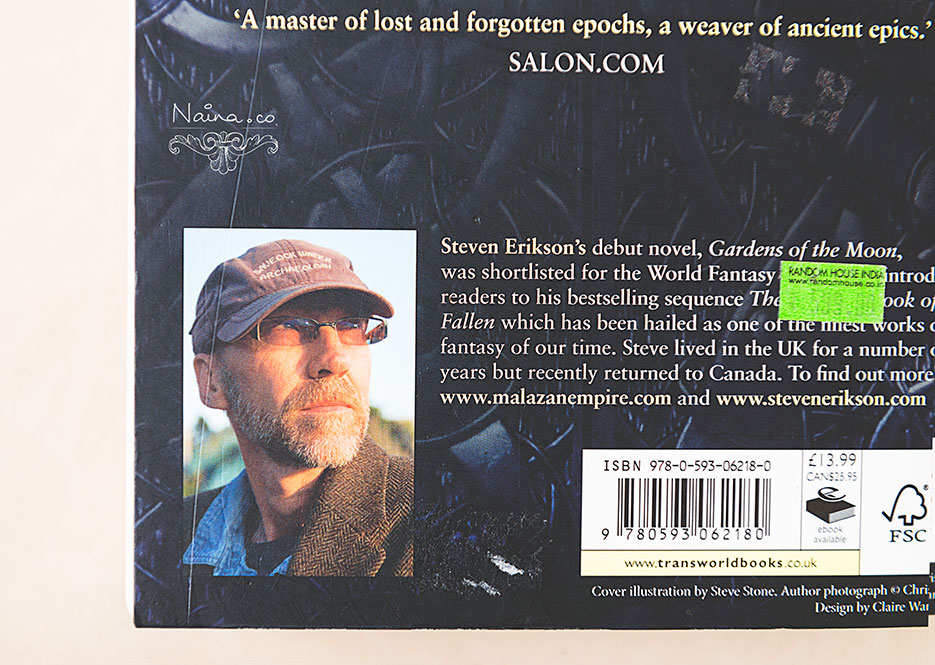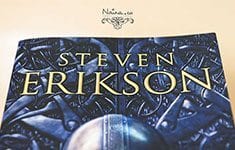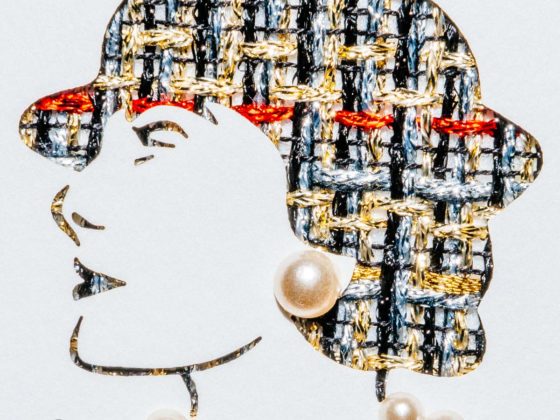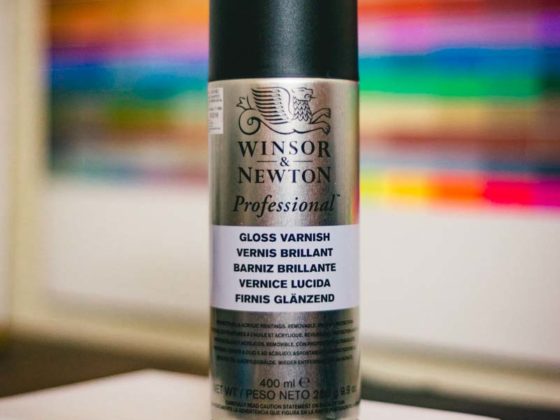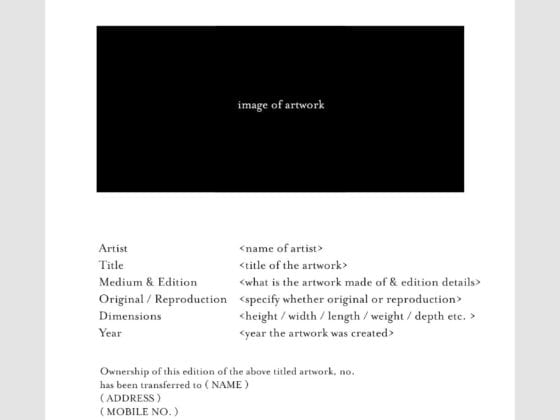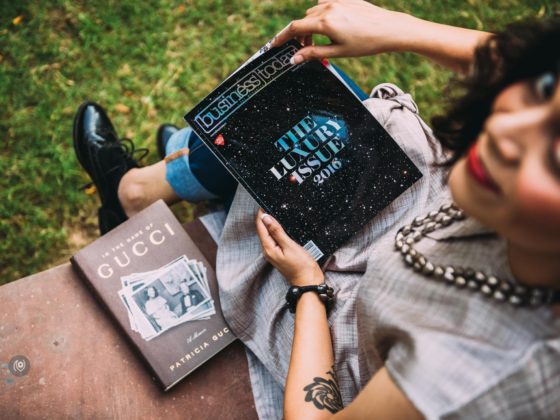‘I see, my lord.’ He made his way over. The moment he arrived and seated himself, a servant appeared with a goblet to match the Lord’s. Taking it, he looked down. Blackvine, the rarest and most expensive wine in the realm.
‘I was looking upon your day’s work,’ Urusander continued.
‘Indeed, Lord?’
Urusander’s eyes flickered slightly, the only detail to signal his mood, and that signal was obscure. ‘You are not curious as to my opinion?’
‘No.’
The Lord sipped and it could have been stale water that passed his lips for all the change in his expression. ‘One may presume, I hope, that the notion of an audience is relevant to you.’
‘Relevant, Lord? Oh, it’s relevant … to an extent. But if you imagine that I yearn for a heavenly chorus of opinion, then you must think me naive. If I were to require such reward as if it were the blood of life, why, I would starve. As would virtually every other artist in Kurald Galain.’
‘So opinions are without value?’
‘I value only those that please me, Lord.’
‘Then would you deny the potential worth of constructive criticism?’
‘That depends,’ Kadaspala replied, still to taste the wine.
‘Upon what?’ Urusander asked, as servants appeared once more, this time with the first course. Plates whispered down, the air was stirred by bodies in motion behind and around the two men, and the candles on the table flickered and dipped this way and that.
‘How fare your studies, Lord?’
‘You evade my question?’
‘I choose my own path to answering it.’
Neither anger nor patronizing amusement touched Urusander’s worn face. ‘Very well. The issue I am struggling with is one of moral stance. Written law is in itself pure, at least in so far as language can make it. Ambiguity emerges only in its practical application upon society, and at this point hypocrisy seems to be the inevitable consequence. The law bends to those in power, like a willow or perhaps a cultured rosebush, or even a fruit-bearing tree trained against a wall. Where it grows depends upon the whims of those in power, and before too long, why, the law becomes a twisted thing indeed.’
Kadaspala set the goblet down, eyed the food on the plate before him. Smoked meat, some kind of glazed vegetable, positioned in a way as if to regard eachother. ‘But are not laws little more than formalized opinions, Lord?’
Urusander’s brows lifted. ‘I begin to see the direction of your thoughts, Kadaspala. To answer you, yes, they are. Opinions on the proper and peaceful governance of society-‘
‘Excuse me, but peaceful is not a word that comes to my mind when thinking of law. At its core is subjugation, after all.’
Urusander considered, and then said, ‘Only in the matter of mitigating damaging or antisocial behaviour, and at this point I return you to my first comment. That is, of moral stance. It is the very matter with which I am struggling, with little forward progress, I admit. So,’ he took another sip and then set the goblet down and picked up his knife, ‘let us set aside the notion of “peaceful” for the moment. Consider the very foundation of the matter, namely, that law exists to impose rules of acceptable behaviour in social discourse, yes? Good, then let us add the notion of protecting one from harm, both physical and spiritual, and, well, you see the dilemma.’
Kadaspala considered that for a moment, and then he shook his head. ‘Laws decide which forms of oppression are allowed, Lord. And because of that, those laws are servants to those in power, for whom oppression is given as a right over those who have little or no power. Now, shall we return to art, Lord? When stripped down to it’s bones, criticism is a form of oppression. Its intent is to manipulate both artist and audience, by imposing rules on aesthetic appreciation. Curiously, its first task is to belittle the views of those who appreciate a certain work but are unable or unwilling to articulate their reasons for doing so. On occasion, of course, one of those viewers rises to the bait, taking umbrage at being dismissed as being ignorant, at which point critics en masse descend to annihilate the fool. No more than defending one’s own precious nest, one presumes. But on another level, it is the act of those in power in protecting their interests, those interests being nothing less than absolute oppression through the control of personal taste.’
Urusander had sat motionless through this, knife point thrust through a sliver of meat and suspended halfway to his mouth. When Kadaspala finished, he set the knife down and reached once more for his wine. ‘But I am not a critic,’ he said.
‘Indeed not, Lord, which is why I said I wasn’t curious about your opinion. I am curious about the opinions of critics. But about the opinions of those with no agenda beyond the aesthetic, I am interested.’
Urusander snorted. ‘Take some wine, Kadaspala, you have just earned it.’
The mouthful he took was modest.
‘Other nights when we sit here,’ Urusander said, now frowning, ‘you will finish off an entire carafe on your own.’
‘Other nights, Lord, I am subjected to war stories.’
Urusander laughed, the sound startling the servants with its booming thunder. Somewhere in the kitchen something crashed down to the stone floor.
